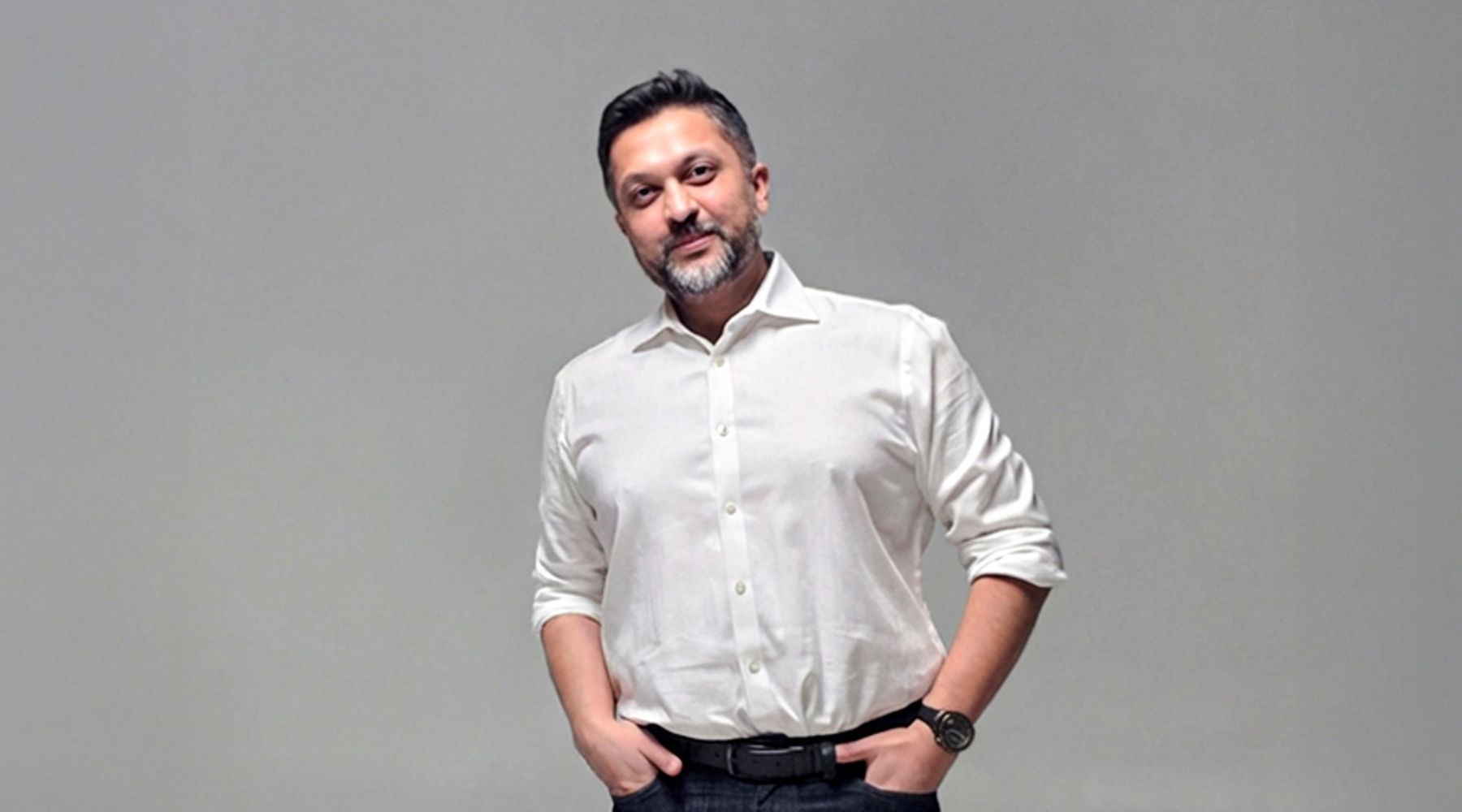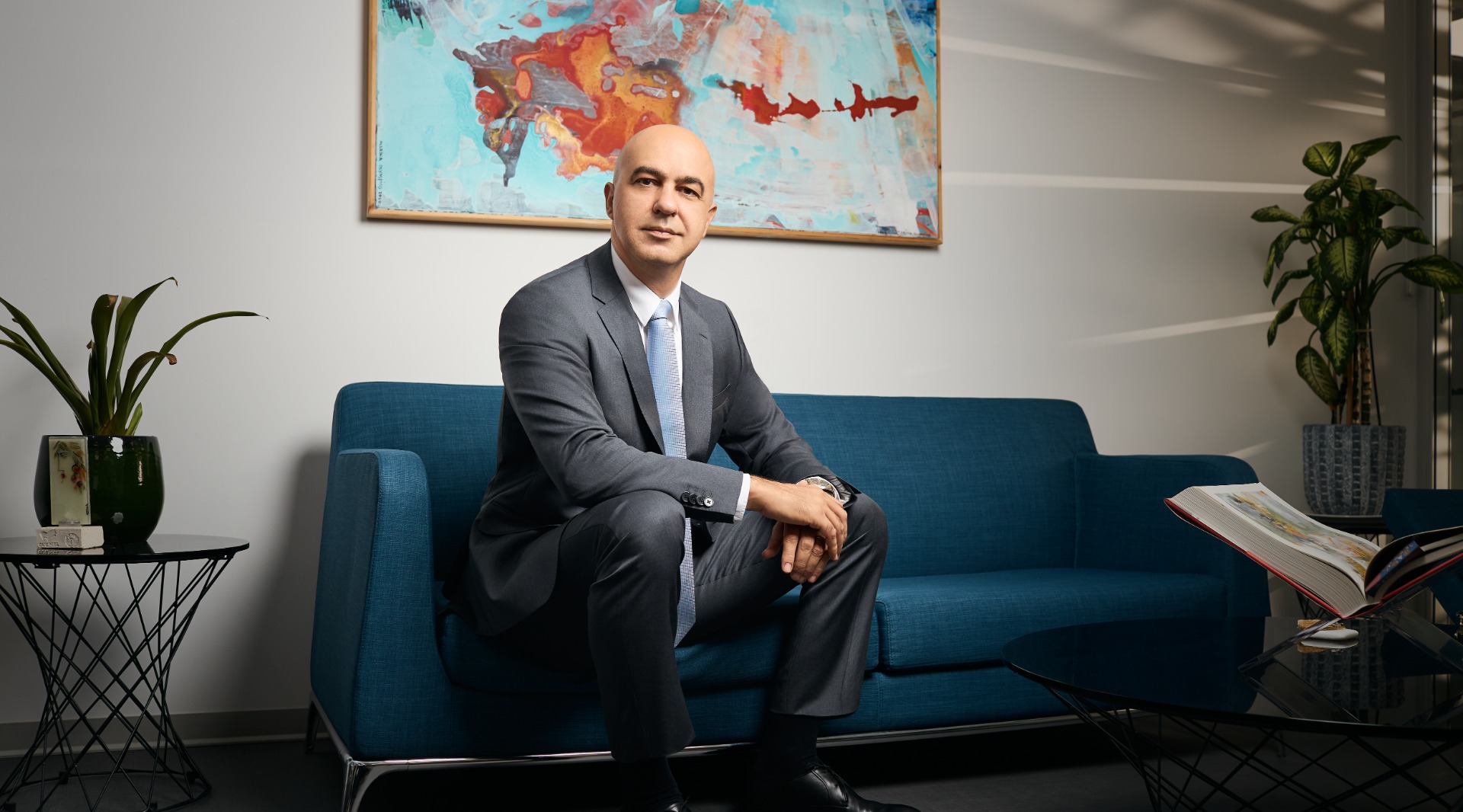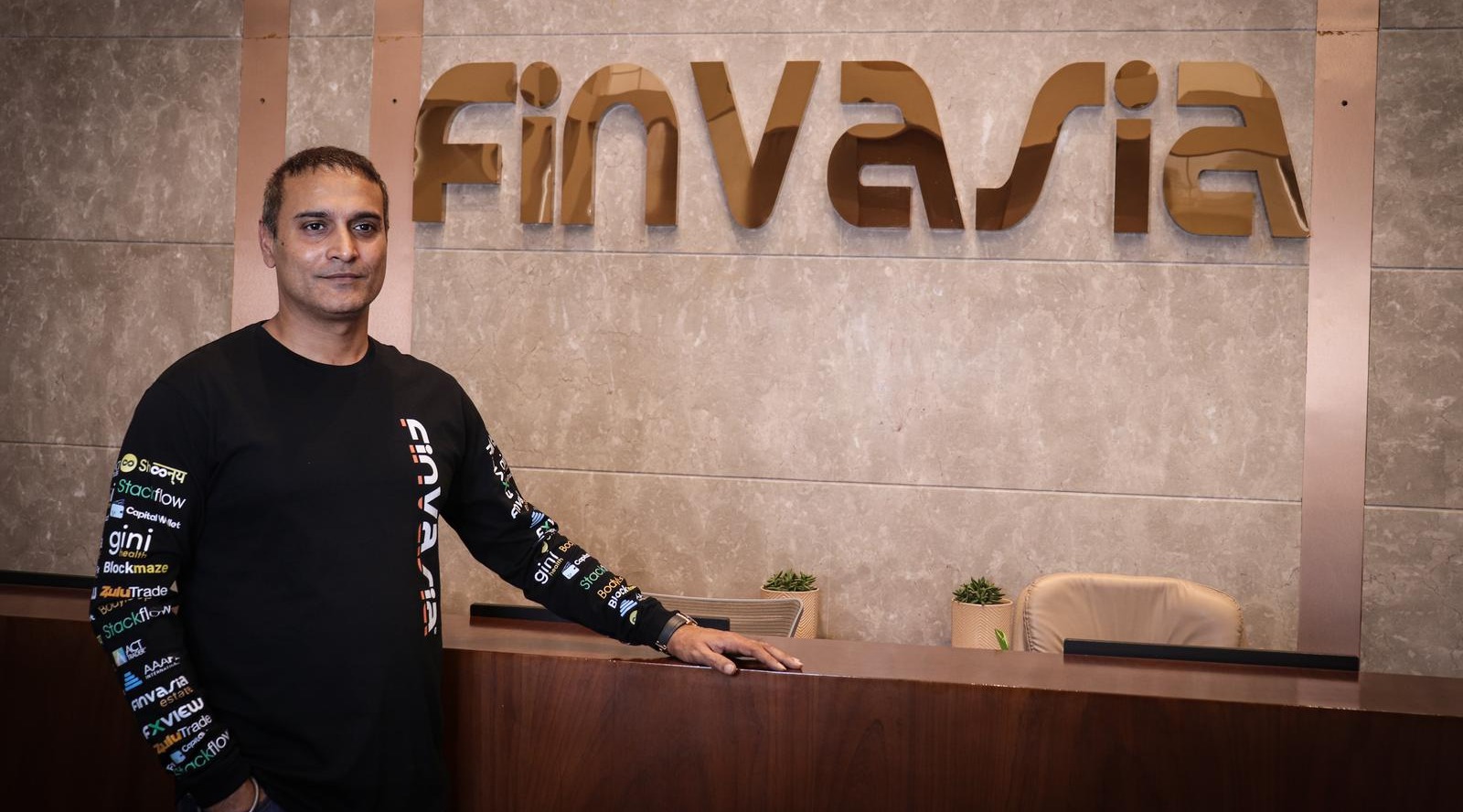“There will certainly be more scrutiny on [prop trading] firms in the near future, in the coming years,” Dr. George Theocharides, Chairman of the Cyprus Securities and Exchange Commission (CySEC), confirmed while talking to Finance Magnates at iFX EXPO 2024. “Probably, at some point,” he added, “these prop trading firms will fall under a robust regulatory framework.”
Finance Magnates revealed a month ago that the European Securities and Markets Authority (ESMA) conducted an initial check on prop trading firms and discussed potential regulations for the industry. A week later, we published the first EU regulator’s comment on the industry: the Czech regulator asserted that prop trading firms “may be subject to MiFID.”
Dr. Theocharides clarifies that although “prop trading is getting the attention of regulators and there are some preliminary discussions among regulators, at the moment, these discussions are at an early stage.” Regarding the desired framework, CySEC chair clarified that “it's not the time to estimate whether it's (prop trading) going to be under MiFID or something else.”
MiCA Brings “A Lot of Scrutiny Across Europe”
On June 30, specific provisions of the Markets in Crypto-Assets Regulation (MiCA) came into force, particularly those relating to asset-referenced tokens and e-money tokens. This early application is part of a staggered implementation schedule for MiCA, which aims to bring comprehensive regulation to the crypto-asset markets in the European Union.
The significance of this milestone lies in its focus on enhancing investor protection and ensuring market stability. By regulating asset-referenced tokens and e-money tokens, MiCA seeks to address risks associated with these assets, like volatility and information asymmetry, which can affect the financial system and consumer interests. This partial implementation allows for a focused regulatory start in areas considered most critical, laying down foundational rules for transparency, governance, and consumer protection before the full regulation takes effect at the end of 2024.
“This is a big step for Europe,” said CySEC’s Chair. “There have been a lot of preparations and discussions around MiCA for years now. This is actually the first main jurisdiction that is creating a unified and robust framework for the supervision of the crypto asset services industry. It's a major first step, but it's not the end of the road because the industry is continuously evolving, and the regulations need to continue evolving.”
Under MiCA, crypto service providers would enjoy the benefits of passporting their services across the European bloc, a provision that has changed the landscape for MiFID-regulated firms.
However, Dr. Theocharides pointed out that because of such passport privileges, “there will be a lot of scrutiny across Europe, from all the NCAs and from ESMA, for any firm that wants to get a licence under MiCA."
“To get access to this privilege,” he said, “I see that it’s a very good step for the protection of investors as well because we know that industry being largely unregulated had led to investor detriment.” He also stressed that MiCA is “not the final step; it's the first step, [rather], the major first step towards regulation,” pointing out that it is not regulating non-fungible tokens (NFTs) and decentralized finance (DeFi). “Although DeFi is still small compared to the size of the market, it’s a low volume, and it can expand in the future. So, there are certain areas that MiCA will not capture,” he added.
“Cyprus Needs Judicial Reform”
With more than 4,000 attendees and 1,600 companies, the iFX EXPO in Limassol was a vibrant and bustling event, characterized by a strong sense of enthusiasm and engagement among attendees. Cyprus, as a gateway to Europe, is home to many retail brokers and payment companies due to clear regulations and is attracting more as time passes.
I asked Dr. Theocharides, who also gave the opening keynote at the event, if he feels proud of the financial services industry on the island. “This is an industry that has evolved considerably in the last decade or so. We have seen a Fintech ecosystem being developed in Cyprus. There's a lot of local expertise now that can support all these financial services entities in offering their services to their end users and consumers.”
However, Dr. Theocharides noted that improvements are needed in the “country’s judicial system.” “There is a lot of bureaucracy there,” he said. “There are many delays in decisions being taken by courts, and this is something that investors are always worried about. So, if there is any trouble, the investor wants to know that he can go to the courts and get a result.”
“We need to work more to reform our judicial system”, he added, “I know the government is aware of this and is taking steps to address it. But we need to see these steps materializing shortly. And I think that will be helpful for the financial services industry.”
“Our Commitment to Supporting Responsible and Innovative Growth”
CySEC recently launched a regulatory sandbox to boost technology innovation on the island. Although not a new provision, it has broadened the scope of innovation. “We are very proud that last week we launched the Sandbox, which transformed our innovation hub. We have had the innovation hub since 2018. The innovation hub has now transformed into a regulatory sandbox,” explained CySEC’s Chair.
“The idea is to encourage innovative technologies, whether from regulated entities or unregulated entities, to apply to us, and we are able to test them in a controlled environment, under CySEC’s supervision. Our role is to provide guidance on those technologies before they can apply to enter the market. I think it shows our commitment to supporting responsible and innovative growth.”
“The Risk of Greenwashing”
“Outside of digitalization, sustainability is the main focal point across the financial services industry,” Dr. Theocharides added, highlighting the growing buzz around the Environmental, Social, and Governance (ESG) issues. “How we create sustainable investments, how we transition into a greener economy and tackle the climate crisis is important.” However, he acknowledged the “risk of greenwashing” and CySEC is addressing the issue.
“Any firms or funds or fund managers that want to offer sustainable products to their investors should be scrutinized by NCAs to make sure that the information that they provide is actually reliable and correct,” Dr. Theocharides revealed. “We do analysis of data at the European level and do a lot of work with data.” “There’s not a lot of data related to sustainability at the moment, but we work with many databases and we are using artificial intelligence tools to locate any greenwashing risks from marketing and activities, prospectuses, and so on. So, there’s a lot of work being done with data to tackle greenwashing.”

















